I intend to devote this conversation to the truth, as much as I can to the truth alone. I seek to do what is right as much as I can to seek the right path. I strive to be fair in it, not deviating from it, nor favoring one Muslim party over another, nor supporting one group over another. I am not an Uthmanite in my inclinations, nor a Shia of Ali, nor do I consider this issue as those who lived during it did.
I know that people remain divided on this issue today, just as they were during the days of Uthman (may Allah have mercy on him). Some are Uthmanites who do not consider any of the Prophet’s companions (peace and blessings be upon him) equal to Uthman after the two shaykhs. Some are Shiites who do not consider anyone equal to Ali (may Allah have mercy on him) after the Prophet (peace and blessings be upon him), without excluding the two shaykhs and with little hope of any respect for their status. Some of them vacillate between the two, sparing some of their Ottomanism or sparing some of their Shi’ism toward Ali. They recognize the status of all the Prophet’s Companions and recognize the precedence of those who came before them, yet they do not favor any of them over another. They see that they all exerted effort and advised God, His Messenger, Islam, and Muslims. Some of them erred, while others were correct. Both will be rewarded for their actions, because they did not intentionally sin or intend harm.
I want to look at this issue from a pure, unbiased perspective, not driven by emotion or passion, nor influenced by faith or religion. Rather, it is the perspective of a historian who completely denies himself of tendencies, emotions, and whims, no matter how different their manifestations, sources, and goals may be.
The Great Tribulation
د.ا13.00
A thorough historical and intellectual analysis of the events of the political and religious conflict in early Islam, shedding light on pivotal figures such as Ali and Mu’awiyah.
Available on backorder
| Author | |
|---|---|
| Year | |
| Publisher | Eligibility |
Customer Reviews
There are no reviews yet.
You may also like…
-
The days are three parts
د.ا11.00A literary autobiography in which Taha Hussein presents his life’s journey from childhood through the stages of education and intellectual enlightenment.
-
On Pre-Islamic Poetry
د.ا6.00A bold critical study that reconsiders the sources of ancient Arabic poetry and raises questions about history, literature, and religion.
-
Literary Guidance
د.ا8.00The book addresses issues and approaches in Arabic literature using an analytical and critical approach that enriches thought and deepens understanding.

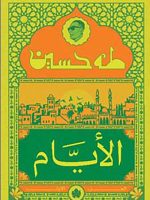
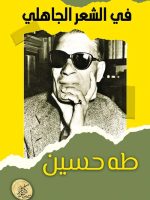


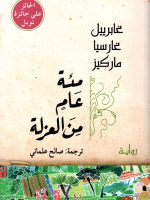




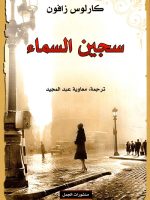
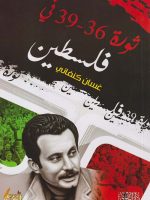
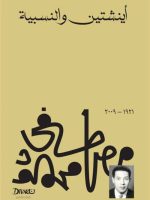
Be the first to review “The Great Tribulation”